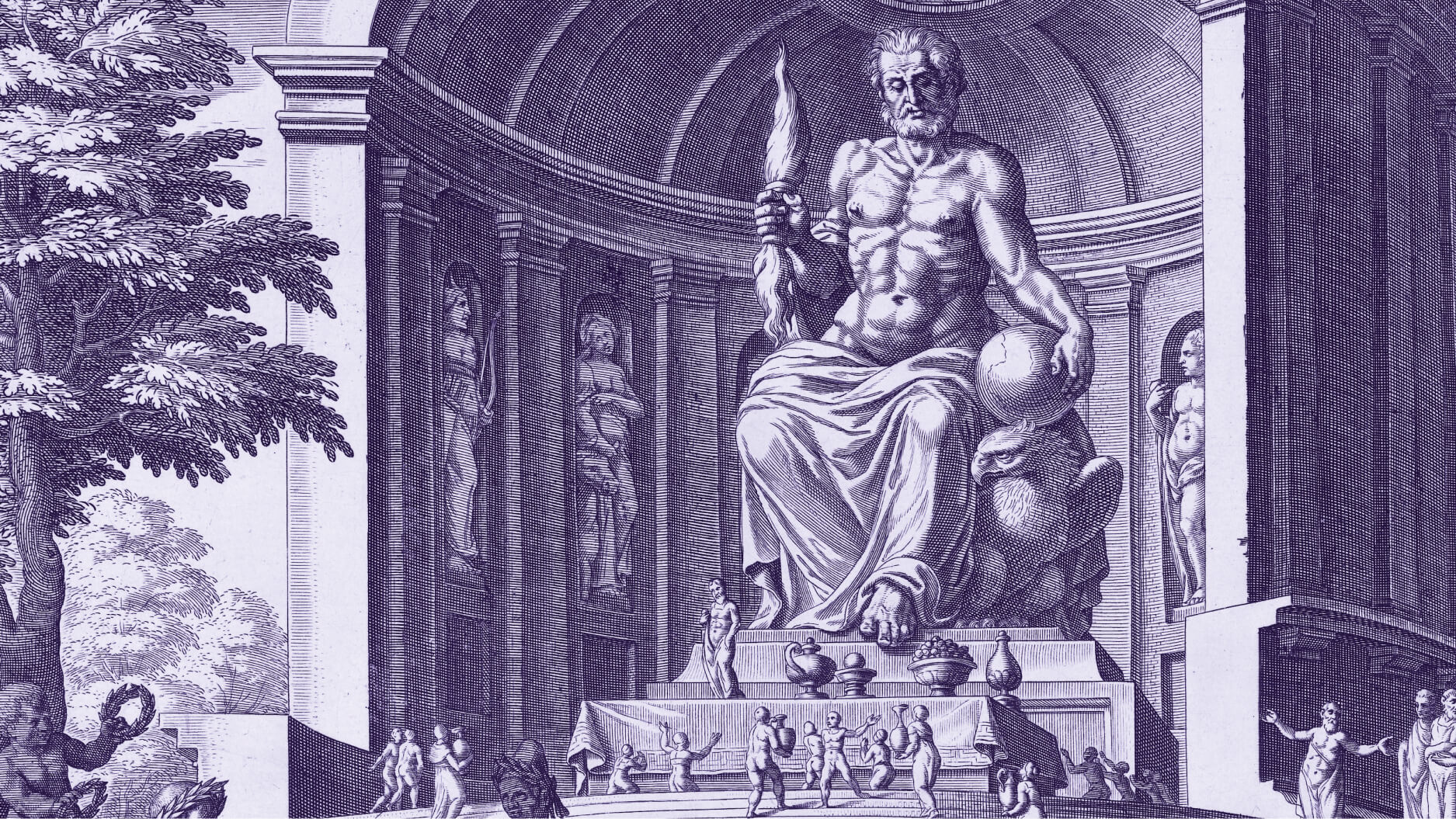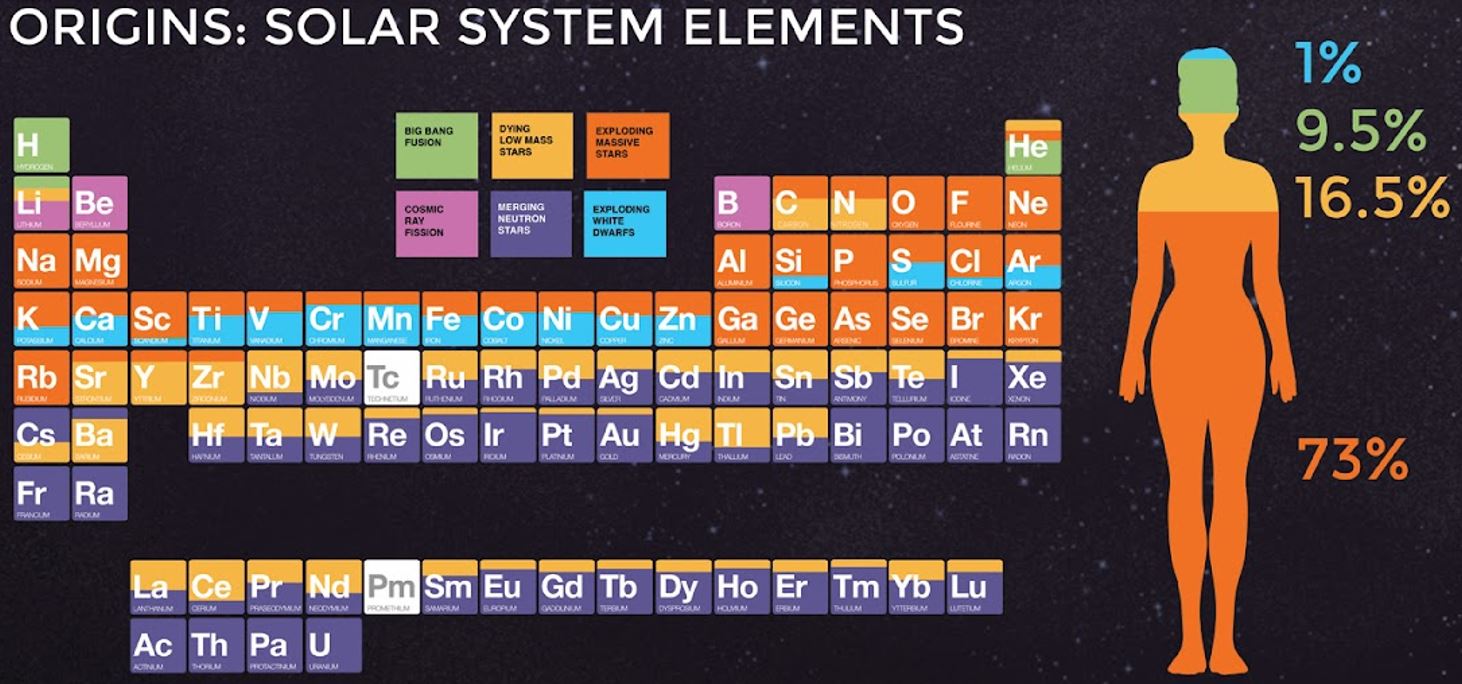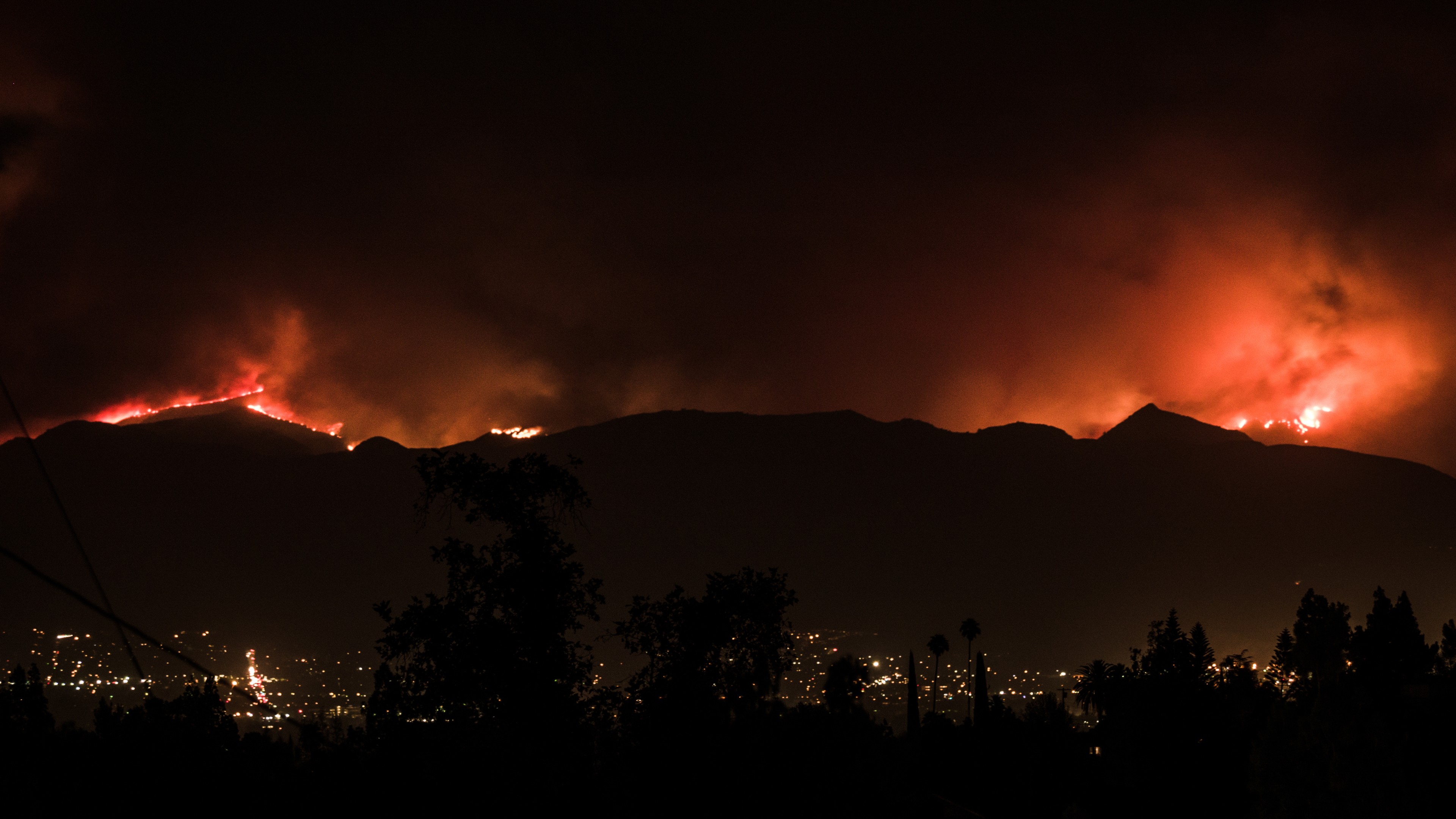For Tim O’Brien, “true war stories” can be lies, or take place years before or after a war. Here he shares one that made him want to cry—and reminds him why he writes for a living.
Question: Would you tell a “true war rnstory” that’s not foundrnin "The Things They Carried?"
Tim O’Brien: Yeah, I mean, I ran into a kid rnin Seattle, orrnkid, 26-year-old, at a book signing. rnAnd I saw him out of the corner of my eye standing in the corner,rn andrnwas kind of frightened by him. Notrnphysically, but I mean, “Oh God, I hope it’s not a manuscript he’s got rnto givernme,” and that... which is hell of course. rnAnd the guy—finally the reading ended and he hung around and I rncouldrnfeel him out of the corner of my eye approach me, and he had me sign hisrn bookrnand I did. He began to leave andrnthen he turned around and he said, “I think you knew my father.” And as soon as he said those words Irnknew who the kid was. I saw it inrnhis face. I could see his dad inrnthat kid’s face; it was my platoon leader in Vietnam. Hern told me over the course of the next, I don’t know, 20rnminutes or half hour that he, the kid, had been searching for his fatherrn everrnsince. His father had committedrnsuicide soon after Vietnam and had looked for his dad in very brave and rncoolrnways. He had joined the Army justrnto see what his father had gone through. rnHe had become a Green Beret to see what his dad had been, a rnRanger, andrnall this tough snake-eating stuff. rnAnd he had picked up my first book and his father figure is in rnthernbook. Not always in the mostrnlaudatory ways, in fact not in laudatory ways. Well,rn that encounter made me want to cry. If I weren’trn on camera I’d have tearsrnin my eyes now because it’s an example of why I began writing in the rnfirst place. I wanted to touch people in a way rnthatrnstories can touch 'em. And I helped inrna modest way this fellow to fill in a gap where this man had been who rnhadrncommitted suicide, before he even knew his father. Hisrn father had killed himself when he was very; I think hernwas like six months old, eight months. rnVery young.
rnrnEncounters like that remind me of why I began. It’s easy to forget why you become arnwriter. Letters I'll get from therngirlfriends of people in Iraq or Afghanistan or the children, which all rnsay thernsame thing basically. I don’t knowrnmy dad; he won’t talk about it; or my mom in some cases, but largely rnmen. And I read your book and now I know atrnleast something of what he’s carrying around with him and what he won’t rntalkrnabout. And sometimes the book willrnbe shared with the veteran and conversation will ensue. Andrn that is way beyond anything I hadrnintended in the writing of the book. rnI didn’t intend to bring people together or start them talking, rnbut tornshow you the power of literature, it really touches individual people rnwith realrnlives in the real world and contributes to their lives. Itrn does something to their lives thatrnthat’s what I dreamed of when I was writing. I rndreamed of touching some 15-year-old kid in Dubuque, orrnsome grieving mother in Harlem.
rnrnLiterature makes you feel, if it’s any good, it canrn make yournfeel less alone in the world. rnSomeone else has gone through this and it gives you some rnlate-nightrncompany with your memories and your sorrow. Literaturern does touch people; it’s not just to be read inrnEnglish classes.
Recorded March 22, 2010
Interviewed by Austin Allen





